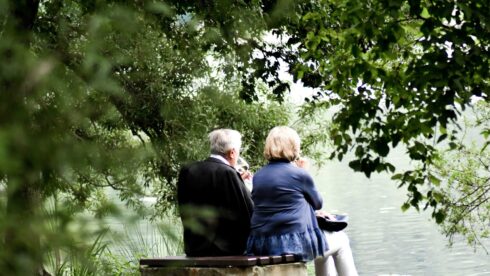Tax tips for small businesses
Melanie Richardson
05/09/2017
Sometimes running a small business can feel like spinning plates, especially if you’re responsible for many different areas. It’s therefore not surprising that filing your tax return is often left to the last minute.
Here are some simple tips to help you keep on top of things and keep the tax man smiling.
File on time
It’s really important that you file your tax, VAT and PAYE returns accurately and on time. If your tax returns are late, the Revenue guys could well select your business for a tax audit and you will also incur interest and other charges.
If you update your records regularly, it makes it much easier to file your tax returns on time. By getting into this routine, you’ll also be able to pick up errors or omissions at a much earlier stage.
Record all bank lodgments
The Revenue Inspectors will pay close attention to any bank payments and lodgments, so make sure that you record them accurately. Any payments of a personal nature will be classified as ‘directors’ loans’ if the business is a company or ‘drawings’ if you are a sole trader.
If you record all payments and lodgments regularly, you are more likely to spot errors or discrepancies as the information will be fresh in your mind. When you delay updating these records, you’re more prone to error and inaccuracy due to forgetfulness.
VAT on sales
If you are accounting for VAT on sales via the issue of sales invoices, ensure that the invoices contain all the information required under VAT legislation, i.e.:
• the full name of the business, the address and VAT registration number
• the name and address of the customer/client
• details of the ex-cost of the goods or service
• the VAT rate applicable to the sale
• the VAT and VAT inclusive amount of the invoice
• where the EU VAT reverse charge system is being used and the invoice applies to a company in another EU member state that is VAT registered, the VAT registration number of the client must be shown on the invoice.
VAT on purchases and expenses
In order to reclaim VAT which has been charged on business expenses and purchases, the following applies:
• any expenses must be business trading expenses
• under VAT legislation, the expense must be allowed as a VAT input deduction
• there must be a VAT purchase invoice or receipt which shows the name, address and VAT registration number of the seller.
You can’t reclaim VAT on personal items purchased by the business. Any such items must be recorded as ‘drawings’ or ‘directors’ loans’.
Need help staying on top of your bookkeeping or accounts? We have chartered accountants and tax advisers in Seaford and Uckfield. Contact us today for more information.
Sign up to receive our private content
straight to your inbox






